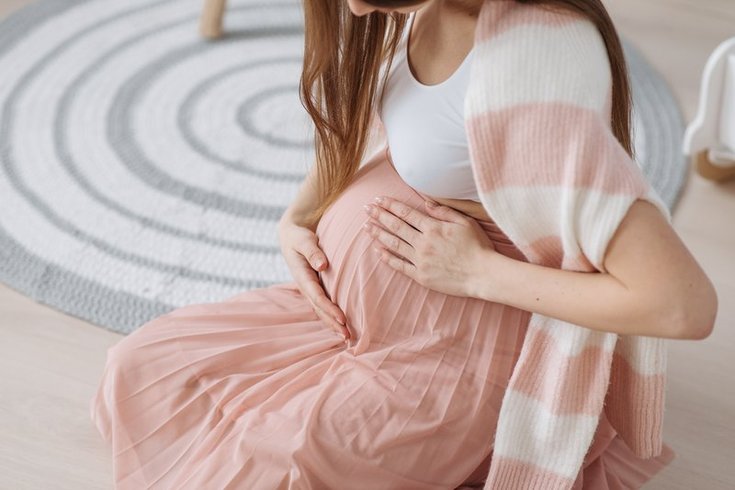
January 04, 2024
 Pavel Danilyuk/Pexels.com
Pavel Danilyuk/Pexels.com
Women with high stress while trying to conceive could have heightened blood sugar levels during pregnancy, according to a new study.
Women planning to have a baby may find that stress can cause more than just a few frown lines.
A new study has found that increased stress during preconception, or the time period immediately before conception, can lead to high blood sugar. The study evaluated 398 women who attempted to conceive between 2004 and 2019 while self-reporting their stress levels. The women were between the ages of 18 and 45, and 300 of them conceived using medical assistance methods like intrauterine insemination and in vitro fertilization.
On average, women with higher self-reported stress levels during the preconception period had higher blood sugar levels. Of the women studied, 82 had abnormally high blood sugar levels, and women who conceived through IUI had more stress and higher blood sugar than those who used IVF. Researchers tested the women's blood sugar around 26 weeks into pregnancy.
The study, conducted by researchers at Massachusetts General Hospital and Brigham and Women's Hospital and published in the Journal of the Endocrine Society, also found that women of higher socioeconomic status — assessed using median family income — reported higher stress and had higher blood sugar levels.
"Stress prevalence has increased over the years, particularly for couples who are not able to conceive naturally," study author Lidia Mínguez-Alarcón told Medical Xpress. "We wanted to evaluate how this stress affects health during pregnancy, which can affect both the mother and child in the long term."
Blood sugar is important to monitor, especially for pregnant women, according to Mayo Clinic. High glucose levels can lead to complications such as early birth or stillbirth, preeclampsia and diabetes in both the mother and the baby.
The study's findings are limited, however, as researchers primarily evaluated white women — who made up 83% of participants — and women of a high socioeconomic status, and because stress levels were self-reported. The researchers said a future study could look at additional factors, such as the quality of sleep for expecting mothers and the safety of their neighborhoods.
Mínguez-Alarcón said women can attempt to lower their stress levels with diet, exercise and avoiding drugs, alcohol and isolation during the preconception period.